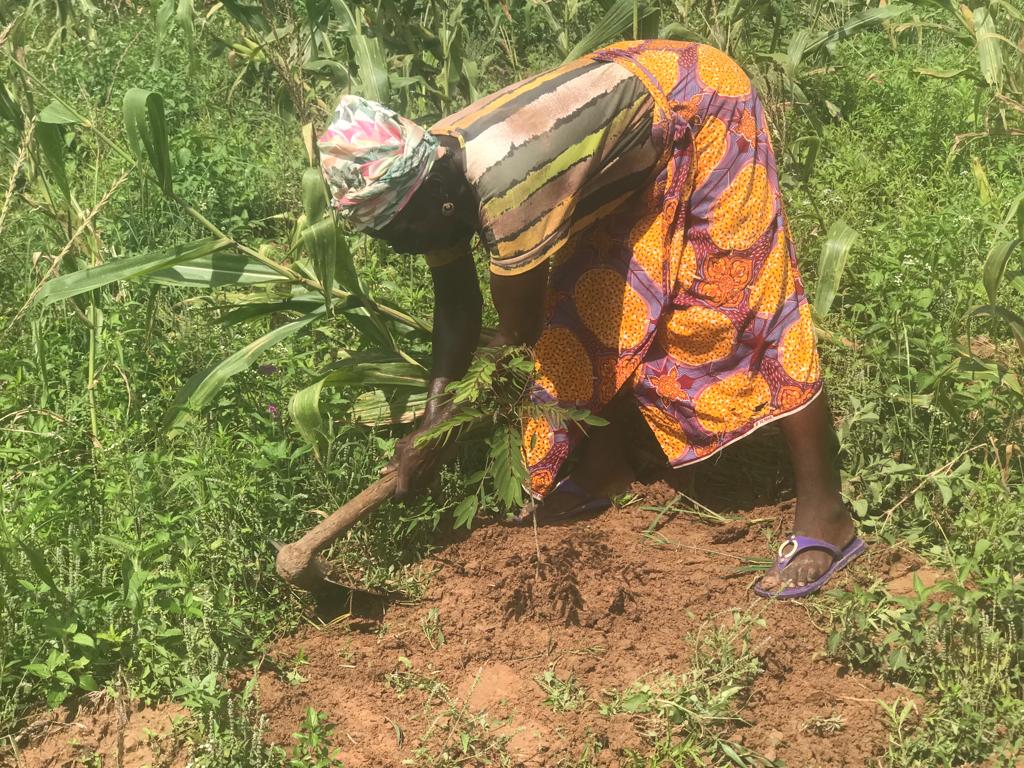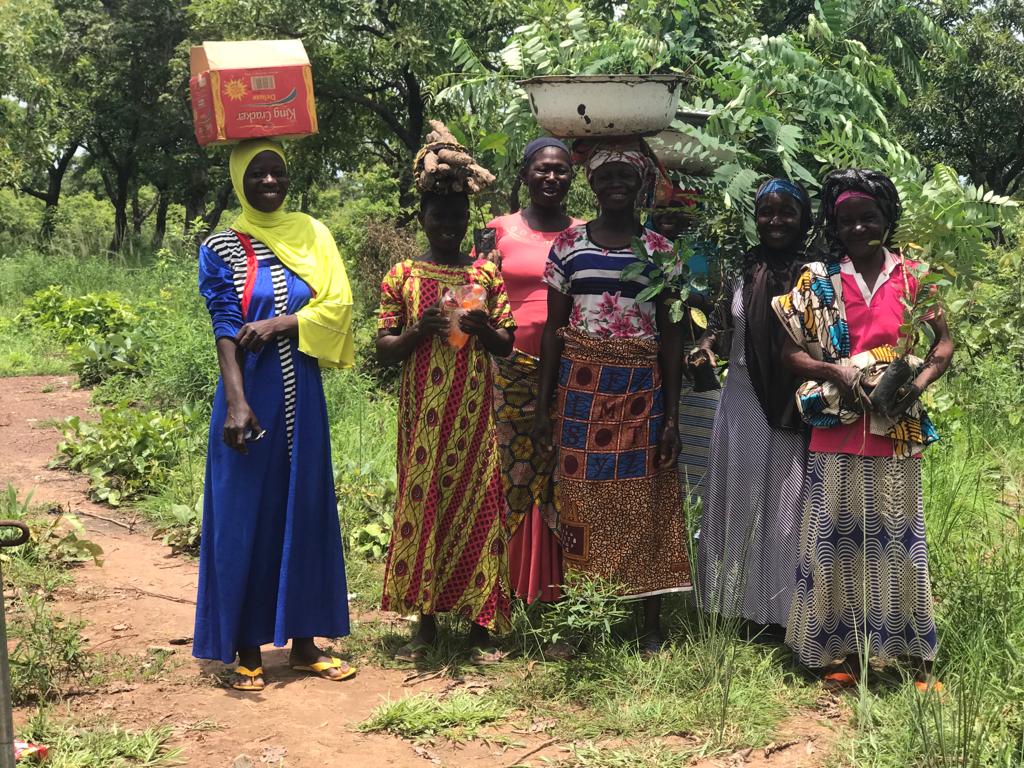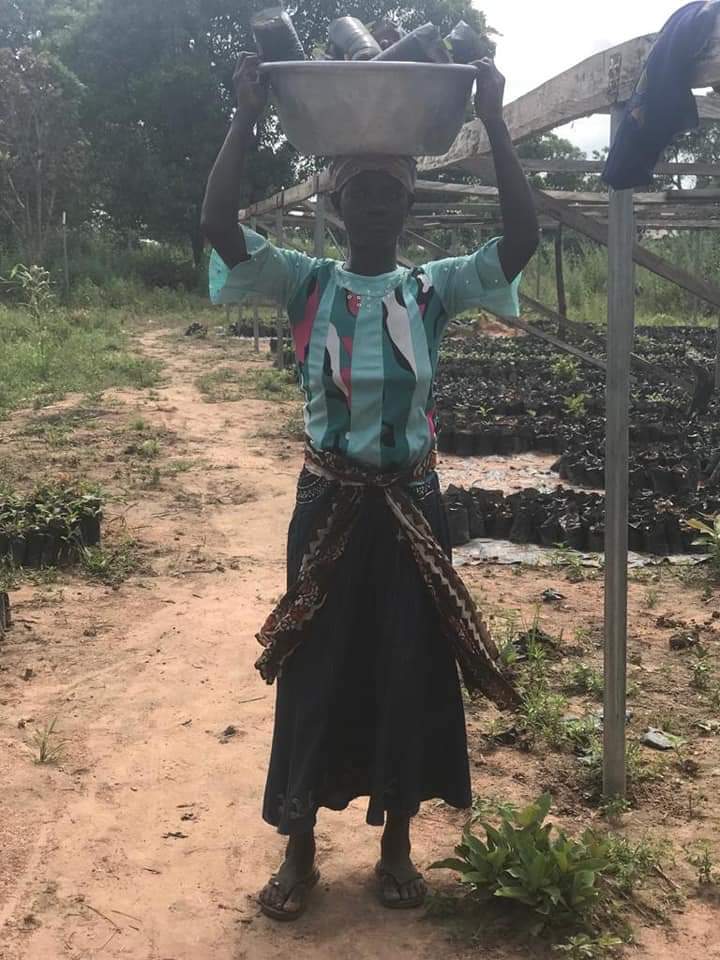
The Shea Network Ghana, (SNG), in partnership with the Forestry Commission of Ghana (FC), Global Shea Alliance (GSA) and the UNDP, in April this year, planted over 500 non-shea trees at Achubunyo and Jangtong Dashie, all in the Savana region as part of the implementation of the Ghana Shea Landscape Emission Reduction Project (GSLERP)
The exercise was carried out with support from the community members, aimed at mitigating climate change and also to provide women in the communities an alternative means of getting firewood and help stop them from cutting down shea trees which serves as livelihood for many households in the area.
The tree planting exercise formed part of the implementation of the Ghana Shea Landscape Emission Reduction Project (GSLERP), a five-year climate restoration activity implemented by the Ghana Forestry Commission (FC), with the technical support of the Global Shea Alliance and the United Nations Development Programme (UNDP), and alongside multiple national and local governing institutions, civil society representatives and private sector actors who will meaningfully and effectively participate in its further design, implementation and benefits.

In all five hundred and ten (510) cassia, three hundred (300) mahoganies and fifty (50) mahoganies seedlings were planted.
The project is funded under the Green Climate Fund (GCF) and will directly strengthen the livelihoods and climate resilience of 100,200 people (78,850 women and 21,350 men). Restoration of trees, decreased deforestation and fire management covering almost 500,000 hectares will indirectly contribute to the retention of soil moisture, the reduction of evapotranspiration and maintenance of soil fertility. These interrelated social and environmental interventions are key.
The National Adaptation Strategy for Climate Change notes the need to enhance the adaptability of vulnerable ecological and social systems by enhancing the capacity of susceptible groups to sustainably utilize land resources, enable value addition in the utilization of forest resources and contribute to building an economy that is capable of withstanding shocks without putting Ghana’s development agenda in jeopardy.
The project catalyzes transformative change across this landscape, attracting significant private sector investment, through the focus of the shea value chain and shea restoration.
GCF funds and co-finance will support women collectors to re-stock 1.75 million trees in the parklands with higher and quicker yielding varieties of shea ensuring future supply, aggregation and direct marketing through performance-based contracts between NGOs who are members of the Global Shea Alliance and women’s groups.

Source: www.sheanetworkghana.org/Adam Abdul-Fatawu Wunizoya

Comments are closed.